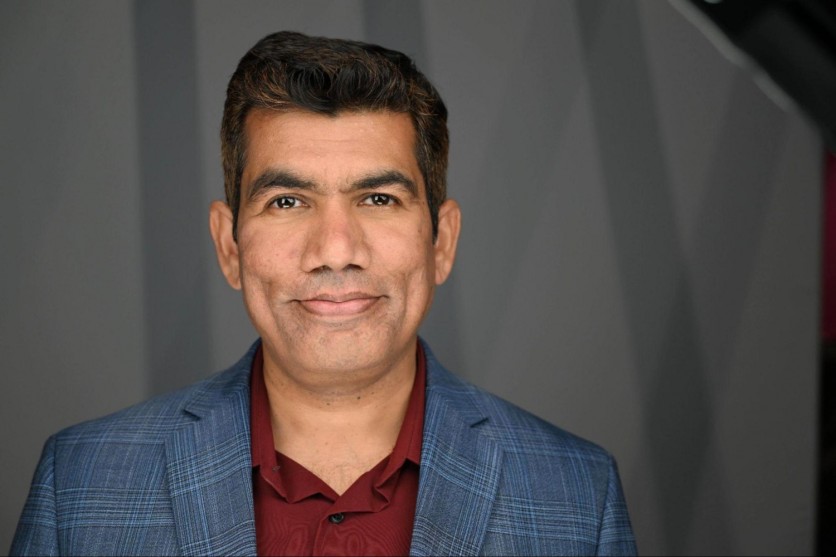
When people discuss the financial potential of new technology, they say things like, "Data is the new oil!" but the metaphor misses something important. The data they're discussing is generated by the insatiable processors filling offices and warehouses, pulling huge amounts of power. In fact, Texas crypto farms recently made a special deal with local power companies that generate electricity using oil. So, it turns out that oil is still oil, even if data is also oil, and the carbon footprint looks the same regardless of which boot is leaving it.
Prasad Venkatachar, an IT expert whose career spans two decades of work in database management, analytics, Artificial Intelligence, and Machine Learning, has made significant progress in addressing the situation. As the Senior Director of Pliops, he's uniquely positioned to innovate on data center efficiency and the sustainability of next-generation technology.
The Intelligence Is Artificial, but the Cost Is Natural
Data centers are facing several challenges all at once. Rapid technological advancement is creating enormous pressure to update, adapt, and innovate to stay ahead, at the same time that governments and communities are taking notice of the carbon impact this causes. Recent studies have compared the carbon impact of training AI models to continental flights or the lifetime use of a vehicle and ranked the environmental cost of data centers as equal to that of the aviation industry.
This means experts must find a way to make technology that is capable of more than ever before while using less carbon than before. The best solution to this problem has come through the combination of two innovations: the development of energy-efficient hardware and the implementation of AI-driven energy management systems. Venkatachar's work at Pliops combines these demands into "data acceleration products" that make the entire data process more efficient.
The Problems of Technology Can Be Solved by Technology
To address the dual demands of performance and sustainability, Venkatacher—whose experience includes playing pivotal roles at industry giants like Hewlett Packard and Lenovo—and the team at Pliops have developed a holistic view of data center optimization. More efficient hardware is implemented, and the AI-powered management of their Data Center Application Tool ensures that it isn't used wastefully.
Leveraging data processing to improve its own efficiency has yielded significant results so far, thanks to Venkatacher's particular set of skills and technological vision. The tech and data community has taken notice of this success. At the Future Memory and Storage conference, Venkatacher's solutions won the Best Hyperscaler Implementation award.
Turning Data Centers into Examples of Environmental Stewardship
For now, technological hubs like data centers are still seen as an adversary to environmental progress, but Prasad Venkatacher wants to change that. With the right experts confronting the problem of balancing performance with sustainability, a data center can become a model for the union of technological innovation and green leadership. With both of these pressures growing, this is more than just important; it's essential. Technological leaders like Venkatacher, who see not only the problem but the potential to turn it into an innovative step forward, are what the industry needs to continue its push into the future.
ⓒ 2025 TECHTIMES.com All rights reserved. Do not reproduce without permission.





